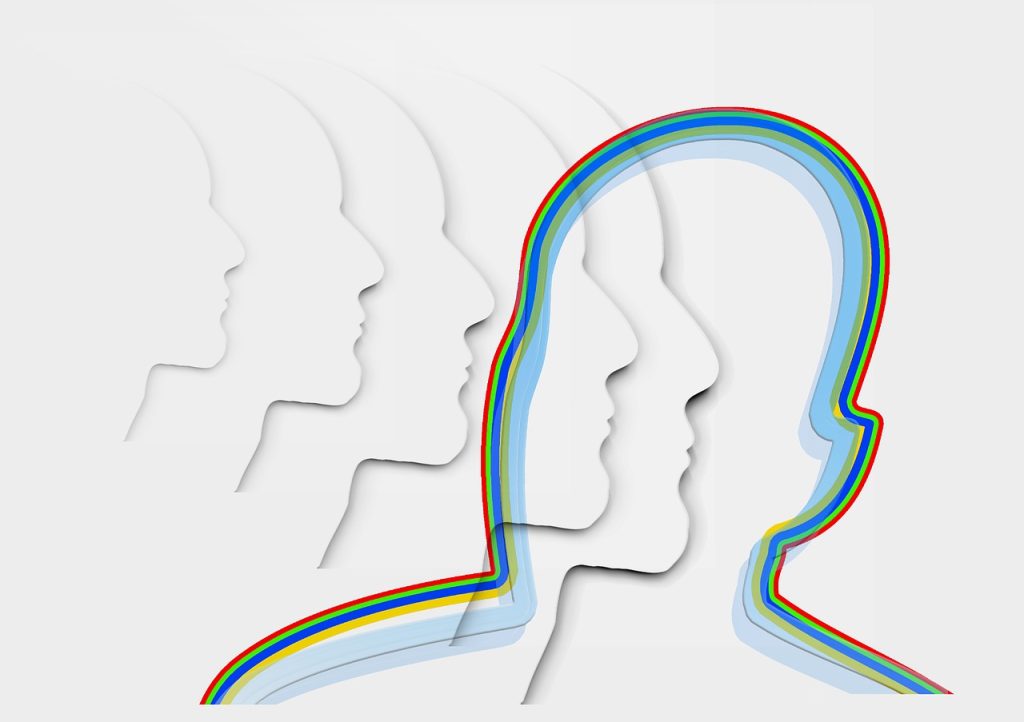Psychologists in the Criminal Justice System
Psychologists in the Criminal Justice System Individuals with severe mental illness face significant challenges in navigating the legal system which can result in unjust outcomes. Severe mental illness can prevent an individual from understanding the workings of the criminal justice system, communicating with legal counsel, and making informed decisions. In addition, access to appropriate treatment […]


